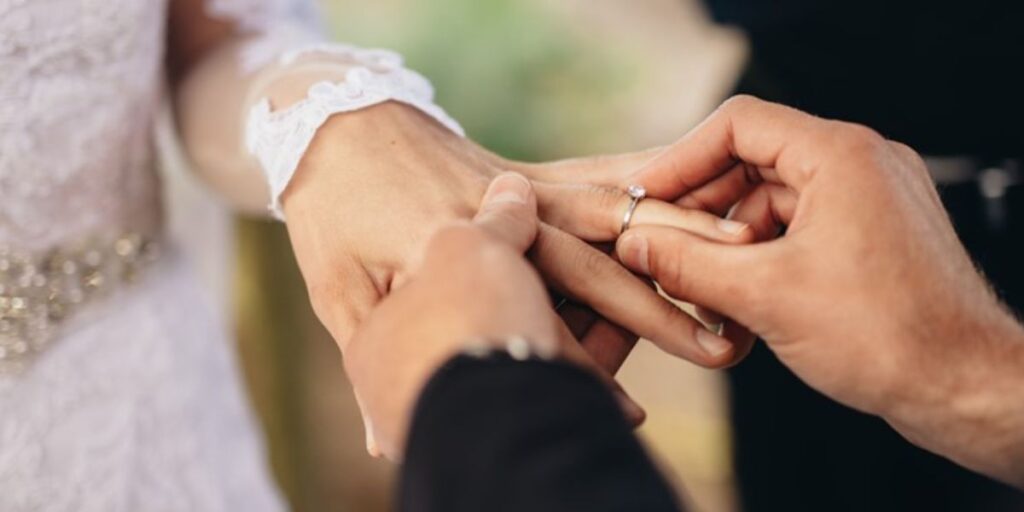Common-law marriage is a concept where a couple is considered legally married without a marriage license or ceremony, as long as they meet specific criteria and live as spouses. However, when it comes to Ohio, the situation is a bit different.
If you’re living in Ohio with a partner and wondering whether you’re automatically “common law” married after a certain number of years—this article clears up the facts.
Is Common Law Marriage Legal in Ohio?
No, common-law marriage is not recognized in Ohio if it was established on or after October 10, 1991.
That means couples who started living together and acting as a married couple after this date are not considered legally married under Ohio law—no matter how long they’ve lived together or shared finances.
However, Ohio does recognize valid common law marriages that were entered into before that cutoff date. If you can prove that your relationship met the common law marriage standards before October 10, 1991, your marriage may still be legally recognized.
Criteria for Common Law Marriage (Pre-1991)
For couples who formed a common law marriage before 1991, the following conditions needed to be met:
- Mutual agreement to be married
- Cohabitation (living together continuously)
- Holding themselves out as married (e.g., using the same last name, joint bank accounts, referring to each other as “husband” or “wife”)
These types of marriages were rarely easy to prove and often required testimony, documents, or court intervention.
What About Common Law Marriages from Other States?
If you moved to Ohio from another state that does recognize common law marriage (like Colorado or Texas), and your relationship met that state’s requirements, Ohio will recognize your marriage under the Full Faith and Credit Clause of the U.S. Constitution.
This means your common law marriage will be legally valid as long as it was legal in the state where it was formed.
Unmarried Couples in Ohio: Legal Rights
If you’re not legally married in Ohio—either by ceremony or recognized common law—you may not have the same legal rights as married couples when it comes to:
- Property division
- Inheritance rights
- Spousal support or alimony
- Hospital visitation or healthcare decisions
To protect yourself, unmarried couples in Ohio often create legal agreements like:
- Cohabitation agreements
- Powers of attorney
- Wills or estate plans
- Joint ownership documents for property or assets
How to Protect Yourself?
If you’re living with a long-term partner in Ohio and want to secure your rights, here are a few steps:
- Draft a cohabitation agreement (similar to a prenup, but for unmarried couples)
- Create or update your wills and estate plans
- Use legal documents to name each other as healthcare proxies or beneficiaries
- Consider legally marrying if you want full legal protections




More Stories
Common Law Marriage in Ohio: Legal Requirements and Exceptions
Common Law Marriage in Ohio: Legal Requirements and Exceptions
Common Law Marriage in Ohio: Legal Requirements and Exceptions